Eight days before US President-elect Donald Trump's inauguration, the National Academy of Development and Strategy (NADS), Renmin University of China, held a report conference themed on Trump's new policies and China’s strategic re-positioning on Jan 13.
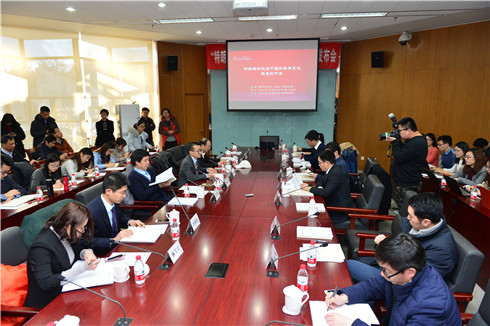 |
|
the National Academy of Development and Strategy hold a report conference themed on Trump’s new policies and China’s strategic re-positioning on Jan 13. |
A total of thirteen research reports involving politics, society, the economy and diplomacy were released at the conference. The reports analyze the incoming Trump administration's global strategies and its policies on China; they also make realistic strategic policy suggestions.
Liu Yuanchun, vice president of Renmin University and NADS' executive dean, addressed the conference and said what Trump proposed during the election campaign reflected the great changes that have taken place in US politics and elsewhere in the world. These changes will inevitably bring challenges to the global order and China-US relations. Therefore, thorough thinking on how to cope with the impact that may be brought by Trump's new policies is required, and preemptive steps in new world patterns may also be needed.
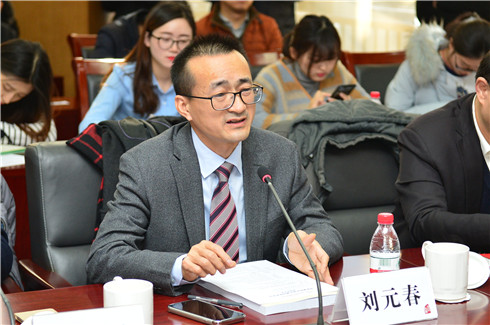 |
|
Liu Yuanchun, vice president of Renmin University and NADS’executive dean, addresses the conference. |
He added that the policies will be expanded and changed after Trump's inauguration and the related research will be a dynamic process. NADS will show a continuous concern and conduct in-depth research for further analysis.
Seven NADS research fellows made keynote speeches at the conference based on their own studies. Research Fellow Feng Shizheng’s reported on the background, outcome and warnings of Trump's election. Zuo Xiying's report focused on the Trump administration’s security policy trends towards China. Trade policy as well as China-US trade development prospects were discussed in the research report from Wang Xiaosong, a NADS research fellow.
Research Fellow Lei Da is concerned about the impact of the Trump administration on global governance and the international economic order in his report.
In considering public opinion trends in China and US, it appears that the voice of cooperation is louder than that of competition, according to Wang Lili, vice-dean and research fellow of NADS. In a keynote speech on China's public diplomacy to the US and a strategy to frame public opinion she suggested promoting public diplomacy and strengthening China-US strategic mutual trust to avoid conflict.
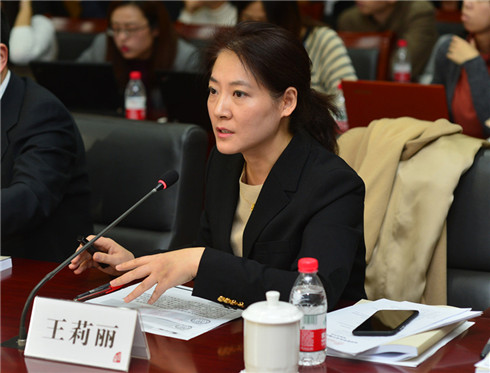 |
|
Wang Lili, vice-dean and research fellow of NADS makes a keynote speech at the conference. |
Research Fellow Han Donglin shared his opinions on Trump's immigration policy.
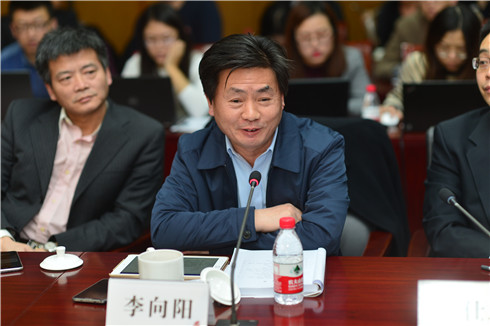 |
|
Li Xiangyang, head of the National Institute of International Strategy of the Chinese Academy of Social Science talks at the conference. |
In the following discussion, Li Xiangyang, head of the National Institute of International Strategy of the Chinese Academy of Social Science, Jin Canrong, vice-dean and professor of the School of International Studies at Remin University and Professor Yang Guanbin of NADS shared their views of the reports and the current China-US relationship.
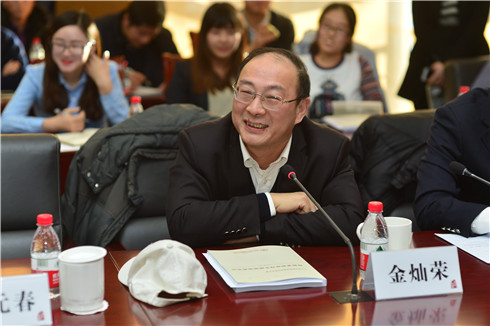 |
|
Jin Canrong, vice-dean and professor of the School of International Studies?shares view at the conference.? |
Report conferences on Trump's new policies and China's strategic re-positioning will be one of the major activities of NADS in 2017. NADS is a new type of think tank established by integrating the distinguished intelligence resources of Renmin University.
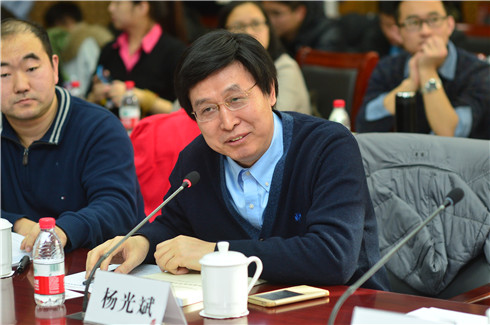 |
| Professor Yang Guangbin?of NADS speaks at the conference. |
To date, NADS has 18 specific research teams covering fields such as China’s macro economy, anti-corruption and global public diplomacy.